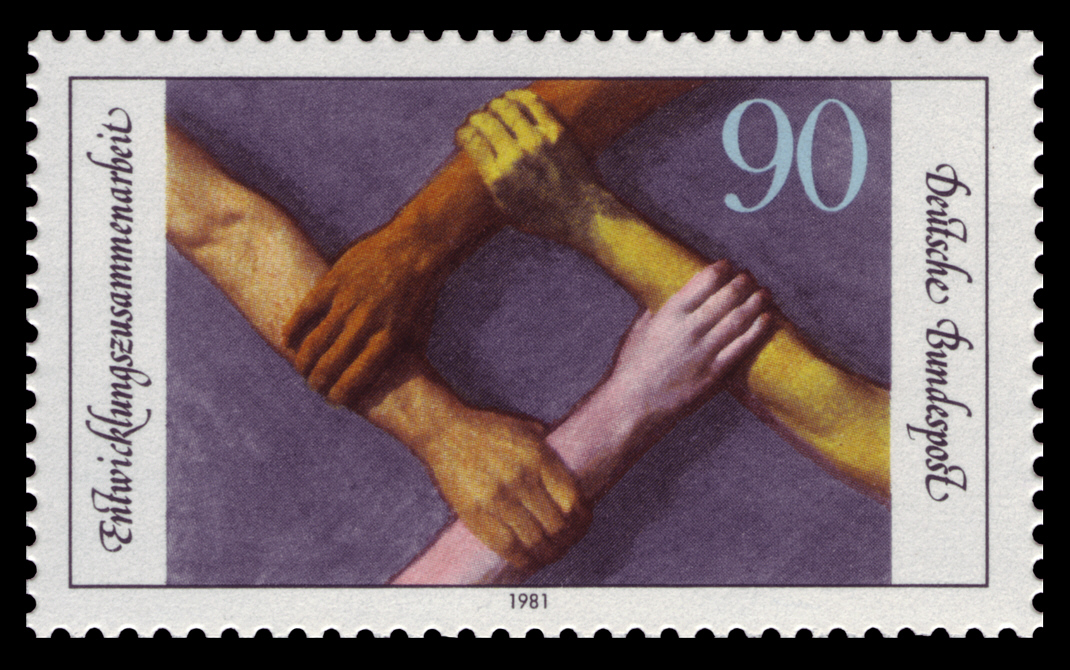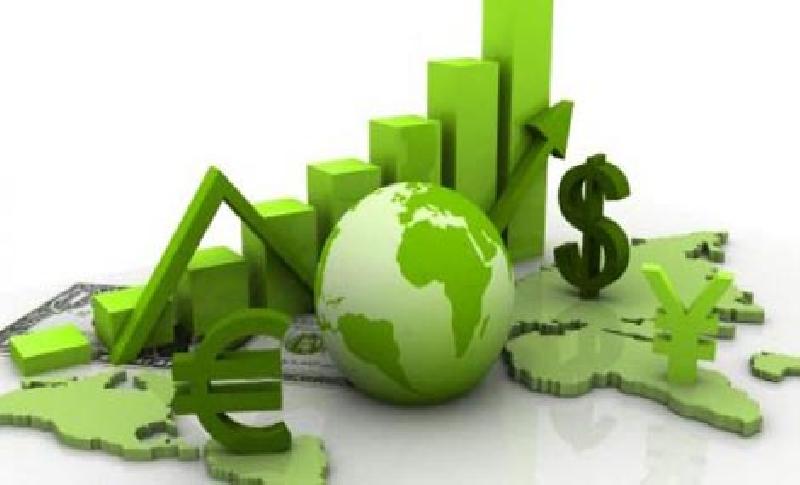Souvenir Sheet: The global goals for sustainable development (2) (Papua New Guinea 2017)
The global goals for sustainable development (2) (Papua New Guinea 2017)
04 December (Papua New Guinea ) within release Chairmanship of the Asia Pacific Economic Cooperation (APEC) goes into circulation Souvenir Sheet The global goals for sustainable development (2) face value 20 Papua New Guinean kina
| Souvenir Sheet The global goals for sustainable development (2) in catalogues | |
|---|---|
| Colnect codes: | Col: PG 2017-09SS1 |
Souvenir Sheet is horizontal format.
Also in the issue Chairmanship of the Asia Pacific Economic Cooperation (APEC):
- Stamp - Global goals for sustainable development - Partnership face value 6.80;
- Stamp - Global goals for sustainable development - Planet face value 1.50;
- Mini Sheet - The global goals for sustainable development (1) face value 12.45;
- Stamp - Global goals for sustainable development - Prosperity face value 3.40;
- Stamp - Global goals for sustainable development - Peace face value 3.40;
- Souvenir Sheet - The global goals for sustainable development (3) face value 20;
- Stamp - Global goals for sustainable development - People face value 75;
- Stamp - Global goals for sustainable development - APEC face value 6.80;
- Souvenir Sheet - The global goals for sustainable development (2) face value 20;
Souvenir Sheet The global goals for sustainable development (2) it reflects the thematic directions:
A coat of arms is an heraldic visual design on an escutcheon (i.e. shield), surcoat, or tabard. The coat of arms on an escutcheon forms the central element of the full heraldic achievement which in its whole consists of shield, supporters, crest, and motto. A coat of arms is traditionally unique to an individual person, family (except in the United Kingdom), state, organisation or corporation.
Development aid is a type of foreign/international/overseas aid given by governments and other agencies to support the economic, environmental, social, and political development of developing countries. Closely related concepts include: developmental aid, development assistance, official development assistance, development policy, development cooperation and technical assistance. It is distinguished from humanitarian aid by aiming at a sustained improvement in the conditions in a developing country, rather than short-term relief. Development aid is thus widely seen as a major way to meet Sustainable Development Goal 1 (end poverty in all its forms everywhere) for the developing nations.
An economy is an area of the production, distribution and trade, as well as consumption of goods and services. In general, it is defined as a social domain that emphasize the practices, discourses, and material expressions associated with the production, use, and management of resources. A given economy is a set of processes that involves its culture, values, education, technological evolution, history, social organization, political structure, legal systems, and natural resources as main factors. These factors give context, content, and set the conditions and parameters in which an economy functions. In other words, the economic domain is a social domain of interrelated human practices and transactions that does not stand alone.



